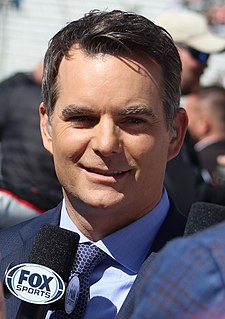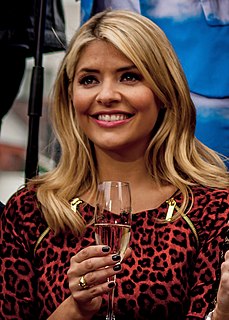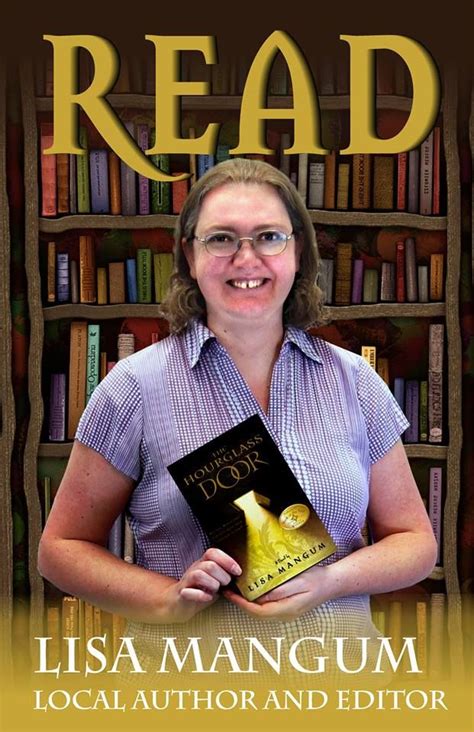A Quote by Haruki Murakami
The library was like a second home. Or maybe more like a real home, more than the place I lived in. By going every day I got to know all the lady librarians who worked there. They knew my name and always said hi. I was painfully shy, though, and could barely reply.
Related Quotes
I wrote the script to 'Lady Bird,' and it really came out of a desire to make a project about home - like, what the meaning of home is, and place. I knew Sacramento very well, obviously, growing up there, and I felt like the right way to tell a story of a place was through a person who's about to leave it.
I always knew from that moment, from the time I found myself at home in that little segregated library in the South, all the way up until I walked up the steps of the New York City library, I always felt, in any town, if I can get to a library, I'll be okay. It really helped me as a child, and that never left me. So I have a special place for every library, in my heart of hearts.
When I got married and had a child and went to work, my day was all day, all night. You lose your sense of balance. That was in the late '60s, '70s, women went to work, they went crazy. They thought the workplace was much more exciting than the home. They thought the family could wait. And you know what? The family can't wait. And women have now found that out. It all has to do with women, or the homemaker leaving the home and realizing that where they've gone is not as fabulous, or as rewarding, or as self-fulfilling as the balance between the workplace and the home place.
We've got wars. Imagine having more money, you could buy more beer. Have you been to Dublin in its heyday like in the boom heyday at like 4:00 in the morning on a Sunday or Saturday? It's like beyond New Orleans. It's like St. Patrick's Day every day. It's not good. I don't even like pubs anymore. I like going for a meal and having a bottle of wine. Be more gentle.
I got on a plane. I remember when I got on the plane, the talk was, you know, they're checking Dale out, that it's more than what it looked like, but I still didn't think it would be anything more than maybe some injuries. Then I landed at home and my phone just lit up. I started getting those messages.
I mean, I was blown away. I couldn't believe it. I was just in shock.
Rat race is the perfect name for it,' she said. 'We're always going and going and going, and never asking where. Did you ever hear of having more than you wanted? So that you couldn't want anything else and then started looking for something else to want? It seems like we're always searching for something to satisfy is, and never finding it. Maybe if we could lose our cool we would.
My second epiphany came as an intern at the Carnegie Endowment for International Peace. The man I worked for was consumed with what was going on in Bosnia. And the more I knew [about it] the more saddened I was. There were these images of emaciated men behind barbed wire.... It was like, I've got to find a way to do something.
It is more than twenty years since we left the city. This is a serious chunk of time, longer than the years we spent living there. Yet we still think of Jerusalem as our home. Not home in the sense of the place that you conduct your daily life or constantly return to. In fact, Jerusalem is our home almost against our wills. It is our home because it defines us, whether we like it or not.





































